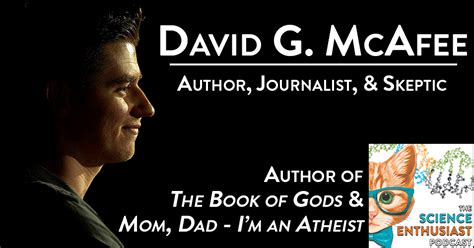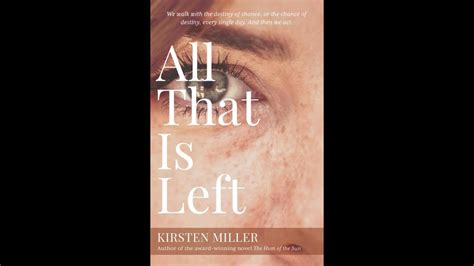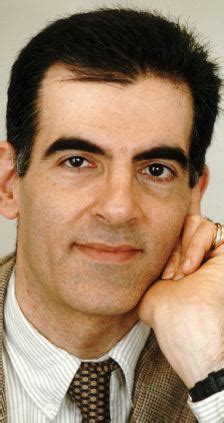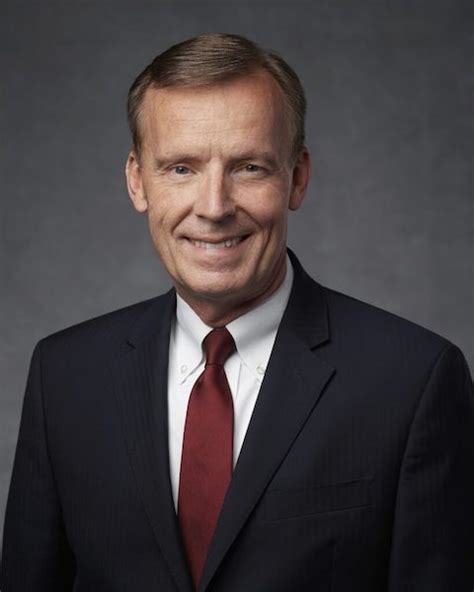A Quote by Giacomo Casanova
For my future I have no concern, and as a true philosopher, I never would have any, for I know not what it may be: as a Christian, on the other hand, faith must believe without discussion, and the stronger it is, the more it keeps silent.
Related Quotes
Well, I would have to say as a Christian that I believe any belief system, any world view, whether its Zen Buddhism or Hinduism or dialectical materialism for that matter, Marxism, that keeps persons captive and keeps them from coming to faith in the Lord Jesus Christ, yes, is a demonstration of satanic power.
That's true that I'm "not religious as that term is conventionally understood," though I've never been an atheist. Atheism is an active faith; it says, "I believe there is no God." But I don't know what I believe. I was brought up a Lutheran in Jamestown, North Dakota. I have trouble with faith. I'm not proud of this. I don't think it makes me an intellectual. I would believe if I could, and I may be able to before it's over. I would welcome that.
Without cultural indoctrination, all of us would be atheists. Or, more specifically, while many may dream up their own gods as did our ancestors, they would certainly not be ‘Christian’ or ‘Jewish’ or ‘Muslim’ or any other established religion. That’s because, without the texts and churches and familial instruction, there are no independent evidences that any specific religion is true. Outside of the Bible, how would one hear of Jesus? The same goes for every established religion.
If the Christian church is to move responsibly towards the future, it must restore or renew its ties with its past. Contemporary Catholic and Protestant radicals want to claim that Christianity means whatever Christian today happen to believe and practice, be it pantheism, unitarianism, or sodomy. The Christian faith has suffered immeasurable harm because of the tendency of people to use the word Christian in a careless and non-historical way. Nothing in this argument would preclude liberal Protestants and Catholics from developing and practicing any religion they like.
In Buddhism, both learning and practice are extremely important, and they must go hand in hand. Without knowledge, just to rely on faith, faith, and more faith is good but not sufficient. So the intellectual part must definitely be present. At the same time, strictly intellectual development without faith and practice, is also of no use. It is necessary to combine knowledge born from study with sincere practice in our daily lives. These two must go together.
But you must still know to respect other people's faith.'
'Why? We don't respect any other delusion. We lock up people who believe they're Christ, yet we're supposed to humour those who believe in him.'
'By definition, faith is irrational: a belief you hold against the normal rules of evidence.'
'In which case I believe in Jedi
God's favorites, especially God's favorites, are not immune from the bewildering times when God seems silent. Where there is no longer any opportunity for doubt, there is no longer any opportunity for faith either. Faith demands uncertainty, confusion. The Bible includes many proofs of God's concern - some quite spectacular - but no guarantess. A guarantee would, after all, preclude faith.
It seems to me that the dedication of a library is an act of faith. To bring together the resources of the past and to house them in buildings where they will be preserved for the use of men and women in the future, a nation must believe in three things. It must believe in the past. it must believe in the future. It must, above all, believe in the capacity of its own people so to learn from the past that they can gain in judgment in creating their own future.
They were not friends. They didn't know each other. It struck Tom like a horrible truth, true for all time, true for the people he had known in the past and for those he would know in the future: each had stood and would stand before him, and he would know time and time again that he would never know them, and the worst was that there would always be the illusion, for a time, that he did know them, and that he and they were completely in harmony and alike. For an instant the wordless shock of his realization seemed more than he could bear.
Faith, Hope & Love. Faith is directed towards God, love towards others (both within the Christian fellowship and beyond it) and hope towards the future, in particular, the glorious coming of our Lord Jesus Christ. Similarly, faith rests of the past; love works in the present; hope looks to the future. Every Christian without exception is a believer, a lover and a hoper. Faith, hope and love are three sure evidences of regeneration by the Holy Spirit.
It's enough to have faith in one aspect of God. You have faith in God without form. That is very good. But never get into your head that your faith alone is true and every other is false. Know for certain that God without form is real and that God with form is also real. Then hold fast to whichever faith appeals to you.
The leap of faith is a strategic impasse that confronts every Christian in search of converts; and, as he sees the matter, there is no wrong way to become a Christian. It is the end that is importnat, not the means; it does not matter why you believe, so long as you believe. For the philosopher, in contrast, the paramount issue is the justification of belief, not the fact of belief itself.



































